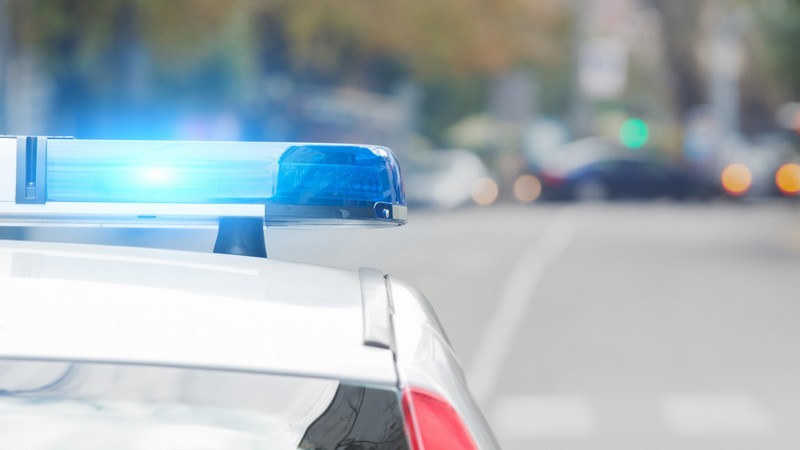For Knox County Sheriff David Shaffer, enforcing Gov. Mike DeWine’s COVID-19 curfew hasn’t been difficult so far.
“I’m not seeing where we’re getting calls about people who are violating the curfew,” Shaffer told the Mount Vernon News.
DeWine imposed a 10 p.m. to 5 a.m. curfew in response to a spike in COVID-19 cases.
“We don’t have a whole lot of businesses, bars or restaurants that are open after 10 p.m. and would be affected by this,” Shaffer said. “I believe the impact in our county is probably minimal.”
The sheriff’s guidance to deputies is not to initiate contact based solely on the curfew.
“Stops and contact should be based on the same criteria that you would use at any other time— suspicious activity, probable-cause traffic stops,” he said.
Thanksgiving also appears to have gone smoothly, the sheriff said. Health officials warned against having large family gatherings for Thanksgiving dinner to avoid the spread of the virus.
“I didn’t see where we received any calls on that or the officers were noticing any kind of a problem,” Shaffer said.
DeWine imposed the curfew on Nov. 19 for 21 days in response to spiraling COVID-19 cases.
“We're not shutting down, we're slowing down," DeWine said in a statement on his website. "The curfew is aimed at helping to reduce the number of person-to-person contacts, because the only way virus lives is when it goes from one person to another. We have to flatten this curve again and get this under control."
It does not apply to people going to or from work or seeking emergency medical care.
“The curfew is not intended to stop anyone from getting groceries or going to a pharmacy,” the governor’s office said. “Picking up carry-out or a drive-thru meal and ordering for delivery will be permitted, but serving food and drink in person must cease at 10 p.m.”
Some Ohio sheriffs said they wouldn’t enforce the curfew, Cleveland.com reported.
The governor has said the curfew is meant more to encourage Ohio residents to be safe rather than punish people.
The curfew does not apply to religious observances or other activities protected by the First Amendment, the governor said. It also exempts people whose homes are considered unsafe, such as victims of domestic violence.




.webp)
.webp)
